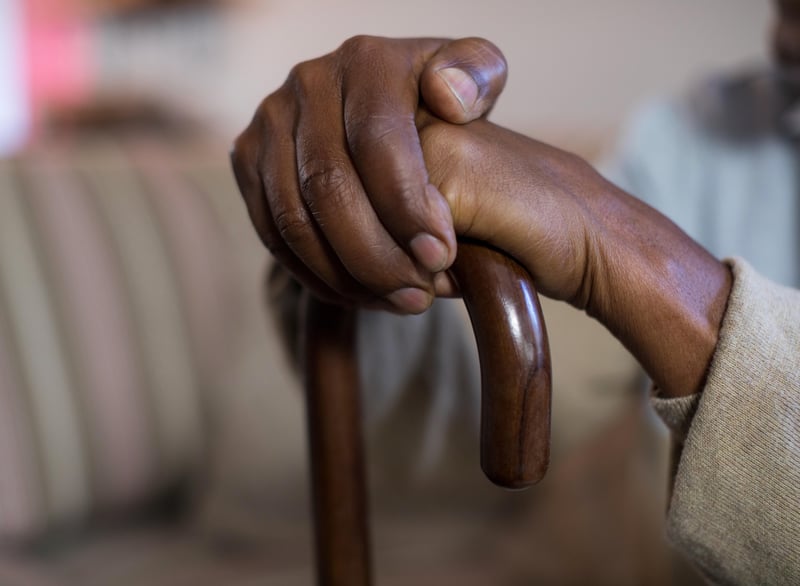Get Healthy!

- Cara Murez
- Posted January 31, 2023
Many Seniors Shunned In-Home Care During Pandemic, Worsening Health
The COVID-19 pandemic continues to take its toll on older Americans.
A new study finds that many older adults declined medically necessary in-home care during the height of the pandemic in 2020 for fear of contracting the coronavirus, but doing so may have led to new or worsening health conditions.
Home-based health care providers said they felt they lacked sufficient information and training to advise patients about whether to continue care.
"One home health care agency representative said their agency's patient load decreased by 38% as a result of patients canceling services," said study first author Jennifer Inloes, a doctoral student in nursing practice at the University of Michigan School of Nursing.
"It really highlighted the level of fear among patients receiving home-based health care services at the early part of the pandemic," she said in a school news release.
Inloes said the large number of cancellations surprised her.
"I understood why patients might cancel in-person visits or elective surgeries because there are so many potential points of infection associated with office or hospital-based care," she said. "I wasn't prepared to hear about so many patients declining home-based health care services, since home-based health care is a much more controlled interaction with fewer potential points of infection."
For the study, the researchers interviewed 27 Medicare-certified home health providers in eight U.S. counties to better understand the decision-making process. The interviews were conducted from August to October 2020.
Findings showed that emotion played a large role in medical decisions, according to the study. These findings challenge the assumption that with accurate educational information, patients will make rational decisions in their best interests.
The research highlights the importance of carefully weighing well-known benefits against potential negative consequences, Inloes said.
"For example, home-based health care providers are trained in infection control precautions, so the risk of becoming infected with COVID-19 from a provider coming into the home is fairly small," she said.
"However, a patient experiencing a preventable refusal-related complication that requires emergency department treatment has now inadvertently increased their risk of COVID-19 exposure due to the larger number of providers, patients and family members in the emergency department vs. the home setting," Inloes pointed out.
It's not clear whether more patients avoided harm by avoiding infection by isolating than were harmed through worsening conditions. Negative impacts from isolation are another important consideration, according to the study.
"For some, but certainly not all patients, a home-based health care provider might be their only regular visitor, so we need to consider that aspect when determining the risks and benefits of an individual's decision to cancel care," Inloes said.
The study was recently published in the Journal of Gerontological Nursing.
More information
The U.S. Centers for Disease Control and Prevention has more on COVID-19 and older adults.
SOURCE: University of Michigan, news release, Jan. 18, 2023







